Write your hurts in the sand and carve your blessings in stone
One of our students this week used this quote to describe her father’s remarkable attitude to life. He was fourteen when he arrived at Auschwitz. At wars’ end he and his brother were the sole survivors of their family.
Next Thursday we welcome Rabbi Jamie Korngold, the Adventure Rabbi, as our final speaker of KE Live! She will also address our theme of Aha Moments. In addressing this theme, our prior speakers have all reflected on how hurt has helped evolve them into the people they are and how suffering led each of them to deeper understanding and appreciation of life. Suicide and death of loved ones and abandonment and rejection by loved ones were significant life shapers of our speakers.
When Sally Stich and Sally Kurtzman sought out speakers for our theme this year I know they were not looking specifically for people who “suffered hurts”. I therefore conclude that one does not need to seek in order to find what is true for all of us.
The teaching from a Kabbalaistic perspective is to not follow the quote in its literal meaning—hurts can wash away or fade but not “as if” they never occurred. I would suggest that instead we see hurts as foundational stones for a stronger and more powerful appreciation of life. When we can feel the hurt fully and not bury it in the sand we can use the hurt and build. On that foundation we then can carve our blessings—as it states in the Mishnah of Berachot (laws of blessings), “In the same fashion one blesses on the positive one blesses on the negative.”
A young Rabbi in our community would always place an addendum to announcing a death in the family of a congregant, “May we only have Semachot—happy occasions” (from here on).
May we be together for each other—in blessings and hurts. And bless the hurts along with the joys.


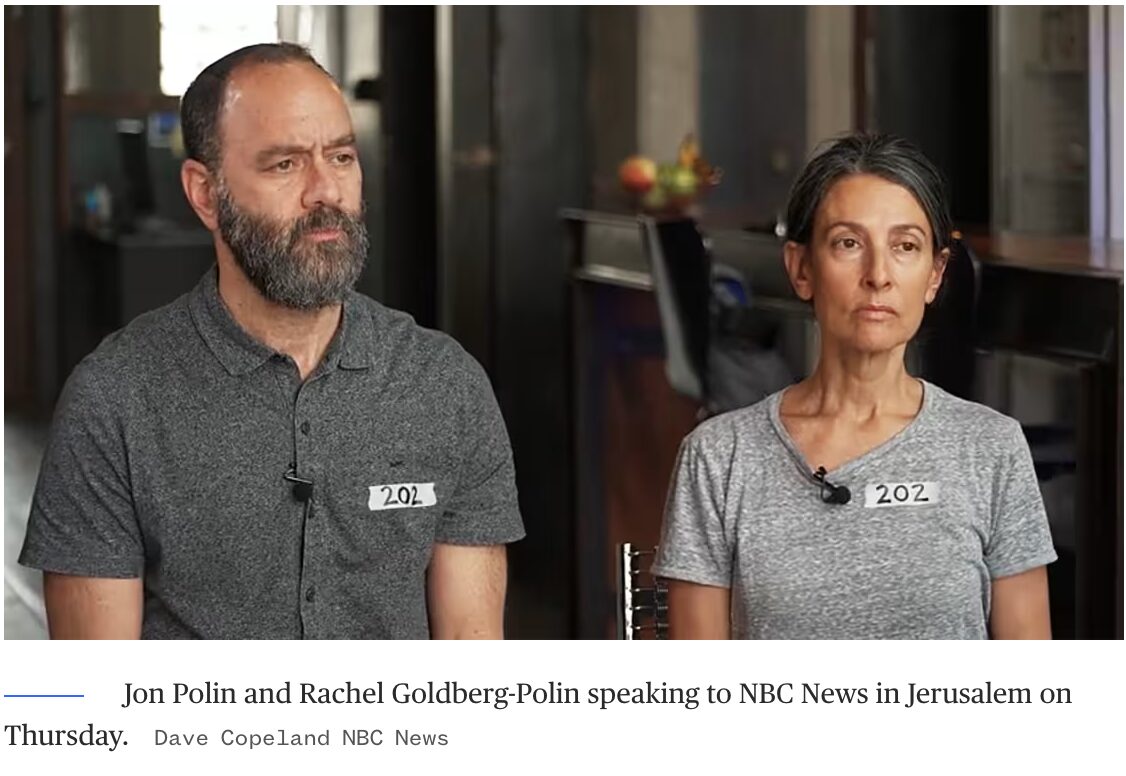
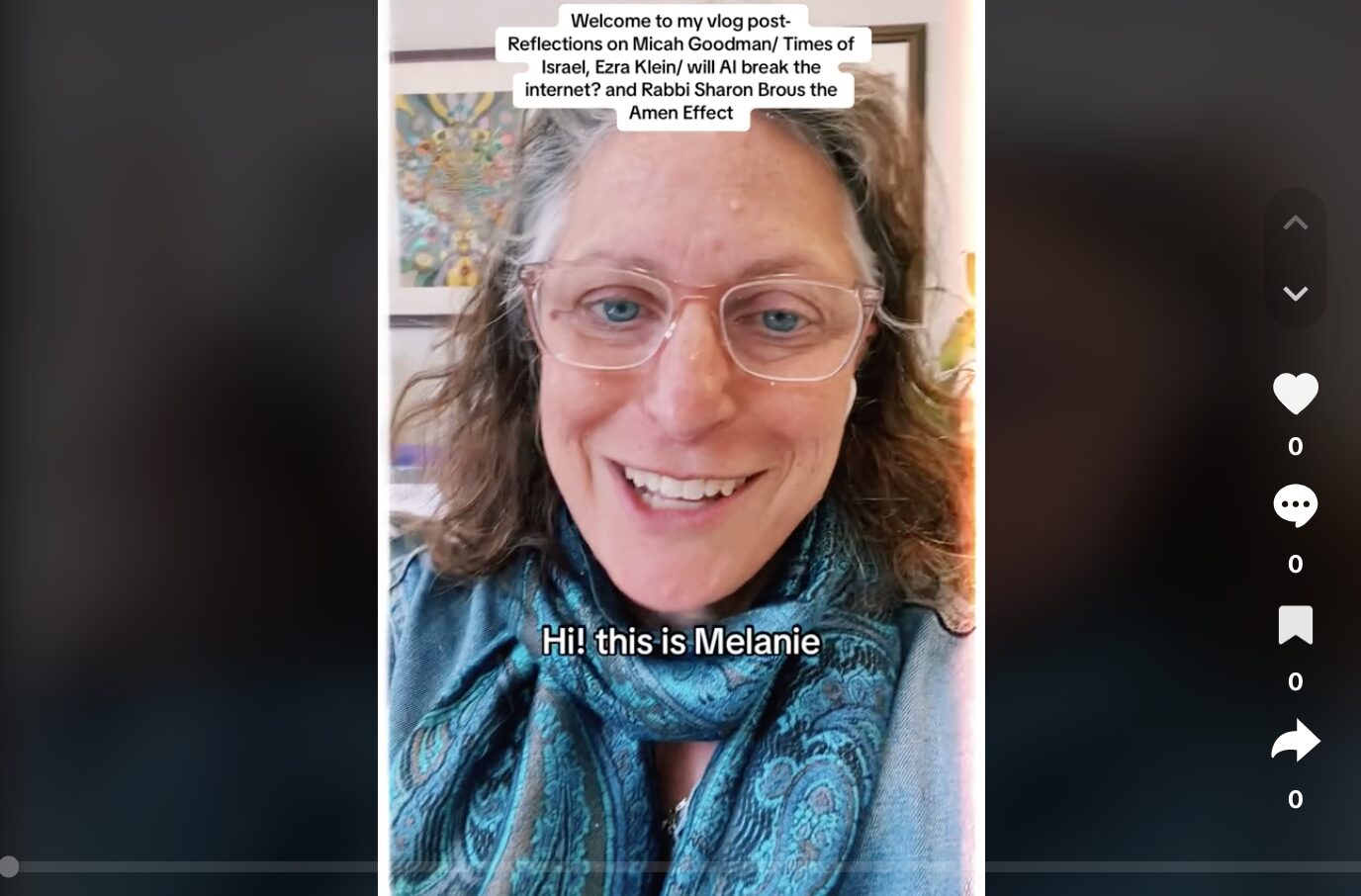

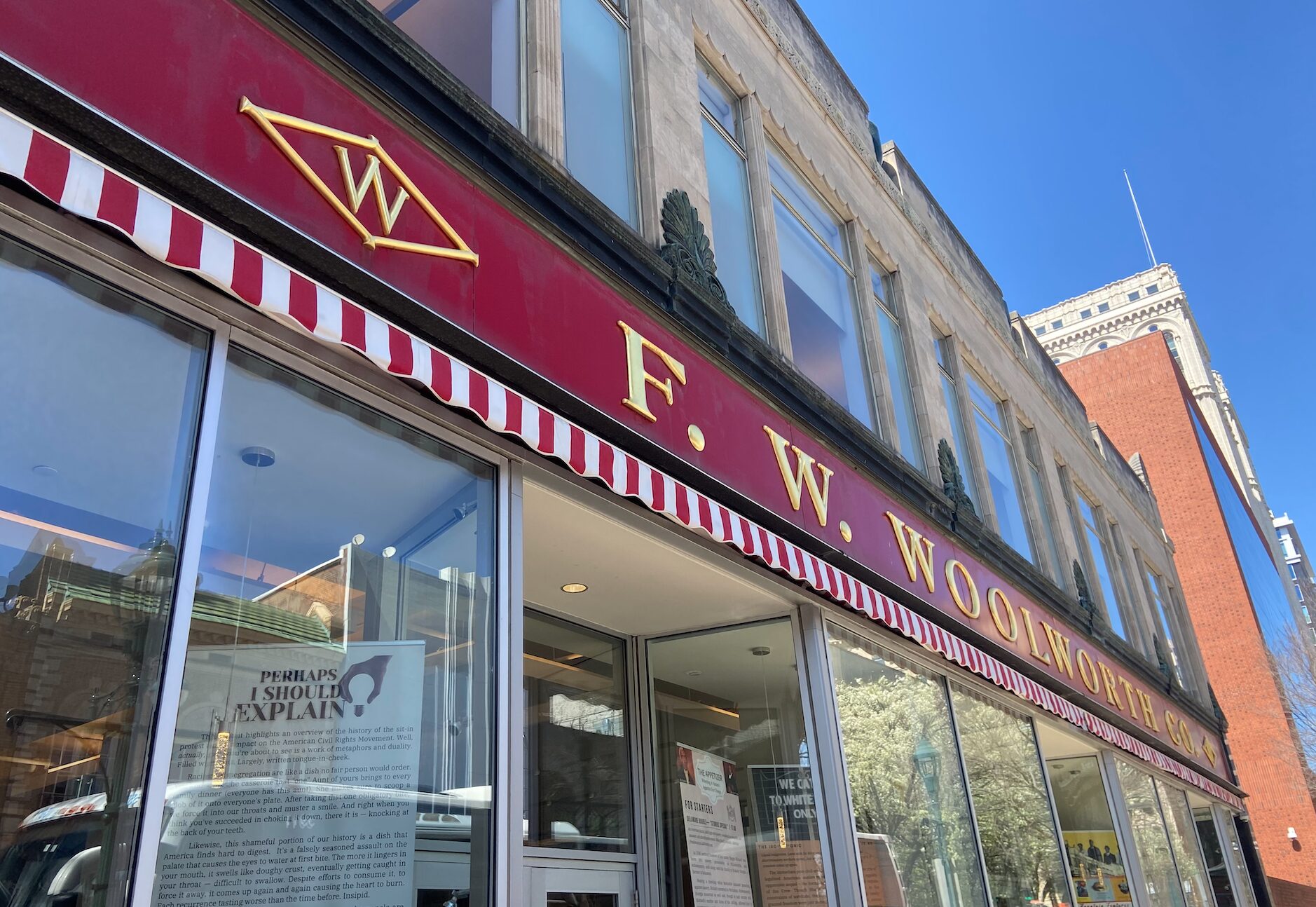
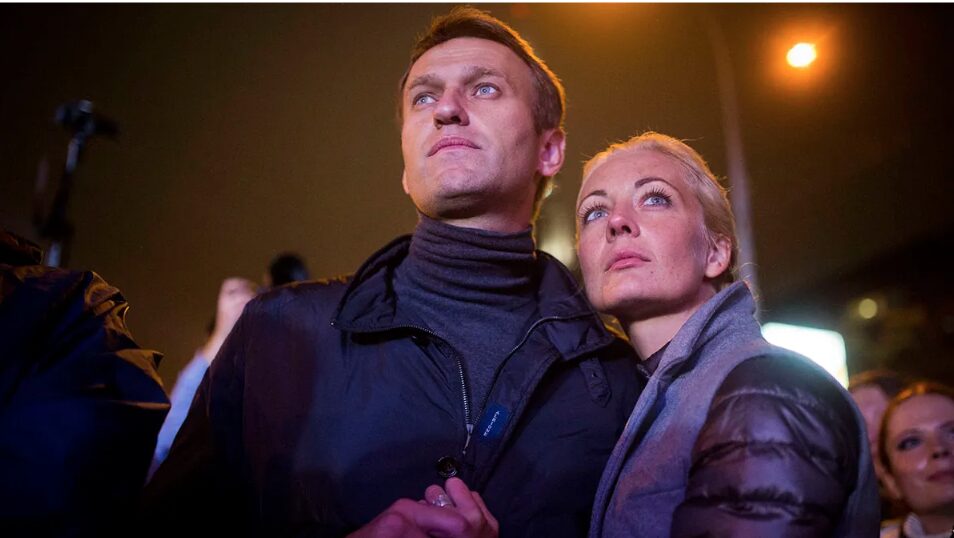


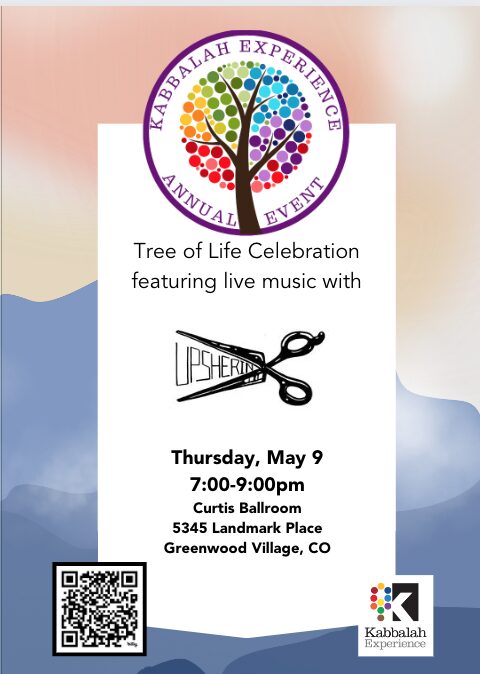
0 Comments